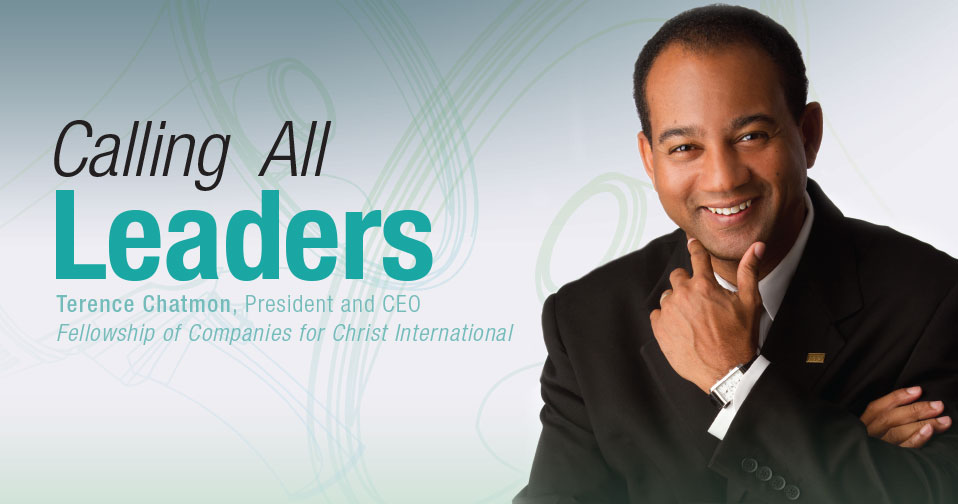Don’t Love Your Work? Relax, You’re Normal

“Do you love your work? Well, you should, you know.”
Increasingly in our culture, this is the expectation—that you should love your work and if you don’t, there is something wrong (with you or your job). But I’m here to proclaim: If you don’t love your work, relax. You are normal!
Keeping an Accurate Perspective
Not loving your job or the work you do is a reality for the present-day developed world (less than 50% of employees in the U.S. report enjoying their jobs) but also for the vast majority of the workers across the world today (over 1 billion people earn $1.25/day or less), and especially when you consider the human experience over history (where the vast majority have worked and lived in “survival mode”.)
Need some data to support this in addition to your own personal experience?
Only 48% of workers in the U.S. reported being satisfied with their jobs in 2015.
50% of workers report they have left a job due to a disagreeable boss.
Less than 20% of the US workforce report they are emotionally and psychologically engaged in their current work. (It is hard to love something you are not engaged in.)
Don’t confuse “loving your job” (job satisfaction) with employee engagement. Engagement, which has many positive benefits, is a result of a combination of factors including involvement in decision-making, having your input considered, opportunity for job development, and feeling your supervisors are concerned about your well-being.
Add to this your own reality checkpoint:
Out of all the places and the years you have worked, how many of them and for how long did you truly, completely love what you were doing?
The Purpose and Nature of Work
We must remind ourselves that the first and primary purpose of work is to provide for our (and our family’s) needs—food, shelter, clothing. You have to live to enjoy life, and meeting one’s physical needs precedes being emotionally and physically content.
Additionally, work, by definition, is providing goods and services that people need or want and are willing to pay for. By its very nature, work requires activity and effort that someone else wants you to do (and to do it in the way they want). When I coach individuals regarding career direction we start with what is needed (or wanted) by others, not with what the future employee thinks would be interesting and fun.
Virtually everyone, when starting his or her work career, starts by doing work that is needed and usually has some unpleasant component to it: undesirable hours, physically demanding, boring and tedious, dirty or dangerous, low pay, or working with less than top quality colleagues. As a result, those in entry level positions rarely (if ever) love their work.
Four Categories of Work Experience
Although a bit of a generalization, there appear to be four different kinds of reactions to work experiences:
1. Hate. “I hate my job.”Some workplaces are clearly less desirable than others; hence, our research on toxic workplaces and what makes them so unhealthy. Sometimes we truly hate what we do or who we work with. The work is hard, unrewarding, and has little to do with your abilities or interests, and people treat you like dirt.
Even though a lot is written about people hating their work, clearly this doesn’t appear to be the majority of individuals in the workforce. Some initial research we have conducted shows that 18% of employees report they work in either a truly toxic or deadly work environment. Conversely, 23% indicate they believe they work in an unhealthy workplace, and 59% believe their workplace is a normally stressful environment.
2. Endure. “I just work here because I have to.” Many times we endure our job. We don’t like the work and we hope to move on to something better relatively soon. We can survive for a while but the work clearly does not give us a sense of satisfaction or purpose. In fact, the work is draining and takes our energy for pursuing other things we’d prefer to do.
3. Like. “Yeah, I generally like what I do—sometimes at least. There clearly are things that bug me, too.” This is not a bad place to be—sort of liking your job, sometimes. And many people in their mid- and late- careers reach this experience. Work is still “work” but they are able to use at least some of their skills, training, and provide valuable service to others.
The problem with this level of job experience is that if you think you should love your job, you are at risk for becoming dissatisfied with your current experience (possibly, unnecessarily so.)
4. Love. “I love what I’m doing right now. I’m learning a lot and feel like I’m using ‘who I am’ to help others.” If this is where you are, I am really happy for you because in reality, many, many people never experience this in their lifetime. Be thankful and enjoy the experience. Who knows how long this set of circumstances will last?
Reality Check
The Impact of a Secular Worldview
Where do these expectations come from that work should be enjoyable and fulfilling? Largely from our secular culture. If there is no God, if we are just random events from chance, and if there is no spiritual life after our life on earth – all we have to live for is the present. Essentially, the implied message is: “This is all there is, so you better enjoy it while you are here.”
Add to this the perspective we are told by many leadership guru’s that we can “create our own reality” by positive thinking and effort, and the result becomes: “If you aren’t enjoying your work and life, it is your fault. You just need to be more positive and ‘in tune’ with the life force of the universe.”
Enjoying Your Work is Clearly a Gift from God
For those of us who try to approach our daily lives from a worldview that is based on the fact that we each were created by God (Psalm 139:13-16), that He is in control of all of life and the world (I Chronicles 29:11-12), including the times and places of our lives (Job 14:1-6), the perspective is different.
First, we acknowledge that work is difficult (Genesis 3:17-19), and unpleasant things happen in life (James 1:2-4). (One really doesn’t need Scripture to come to these conclusions but it is helpful to have those beliefs affirmed.) Second, we can affirm that any good thing that happens in our life is a gift from God (James 1:17) and this includes the experience of enjoying our work (Ecclesiastes 5:19). Finally, we also can rest in the fact that there is more to Life than our existence here on earth; we are looking forward to a life of peace, love and beauty once we finish our time here (Revelation 22:1-5).
The Implications
If you are not loving your job, relax. Take stock of the aspects of your work (and your life as a whole) that you do like and be thankful for those. Learn what makes a task fulfilling or enjoyable for you and pursue opportunities to make these more frequent for you. (Note that it will take initiative and ongoing effort.)
Remember...
You are not fully in control of your life, the world, and what happens to you.
But you are in control of growing and being thankful and content for what is going on in your life right now. Pursue these.
Don’t look to work for love in your life; love and cherish the people around you.

By: Dr. Paul White
Dr. Paul White is a psychologist, speaker, and consultant who makes work relationships work. Co-author of the 5 Languages of Appreciation in the Workplace (with Dr. Gary Chapman), Dr. White provides practical advice in improving workplace relationships and successfully transferring family businesses across generations.
Read More Articles by Dr. Paul White





